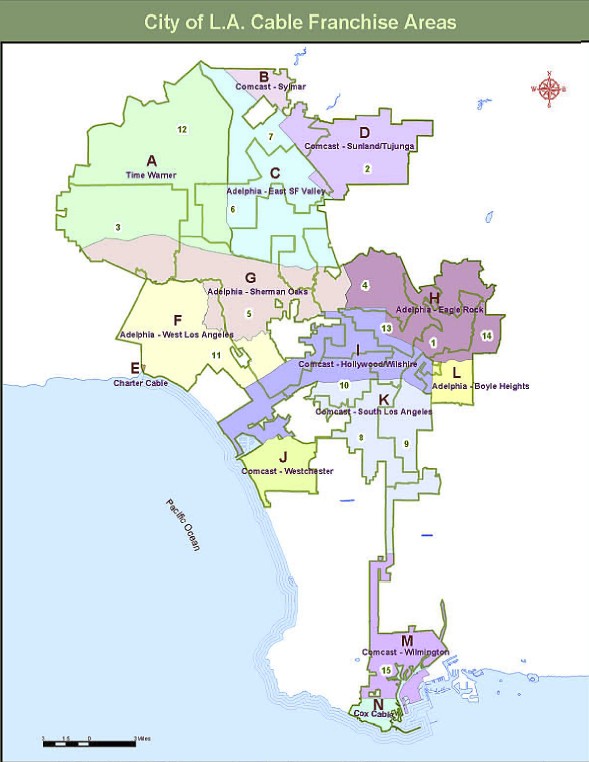AT&T wants to sell its iPhone customers an overpriced insurance plan to cover damaged or lost phones.
Offered by mobile phone insurer Asurion, AT&T’s MobileProtect policy will be priced at $13.99 per month, with a steep deductible — $99 for an 8GB iPhone 3G to $199 for a 32GB iPhone 3GS. If you lose or damage your phone, Asurion will repair or replace it with a refurbished equivalent or better iPhone model (their choice).
At those prices, iPhone insurance (and collectively most cell phone insurance plans) do not represent a good deal for consumers for several reasons:
- The upfront cost is very high in relation to the value of the phone. Over a typical two-year AT&T contract, Asurion will collect $335.76 to insure a $700 phone;
- Asurion’s very high deductible reduces the company’s payout exposure by up to $200. Assuming you break your phone in the last month of a two year contract, Asurion will have $535 of your money to work with, making their cost to replace the phone just $164.
- Asurion does not guarantee customers will get a brand new iPhone. Replacing a lost or broken iPhone with a refurbished model can significantly reduce Asurion’s costs and leave you with a questionable replacement;
- The deal does not extend to current iPhone owners who have older phones that statistically would likely generate a higher percentage of claims. In fact, customers will have to purchase coverage within 30 days of purchasing a brand new iPhone, giving Asurion the likelihood mechanical problems will be handled by Apple’s traditional warranty, reducing the insurer’s exposure to expensive claims.
There are a number of alternatives. First, protect your phone with a suitable case or cover — scratches and impact damage are among the most common issues afflicting iPhones. A few may afford some protection from water damage if the phone gets slightly wet, although a dunk in a pool or deep puddle is probably going to present a challenge for any case or covering.
Second, consider alternative insurance from companies like Squaretrade. The company’s iPhone insurance costs $8 per month for 24 months, or $96 paid in full for an iPhone 3G. For a 32GB iPhone 3GS, it’s $9.99 per month, or $144 for 24 months of coverage. Accidental damage claims have a $50 deductible. But Squaretrade can cost even less when you take advantage of regular discount codes that provide up to 40 percent off. Just do a Google search for Squaretrade coupons and discount codes, especially around holidays. You have up to 90 days after purchasing your iPhone to buy Squaretrade coverage.
![]() Squaretrade does not cover loss or theft, however. You should check with your insurance agent for a personal property policy. Most offer coverage for personal cell phone loss or theft for under $40 per year. Many are sold as standalone policies that do not carry a traditional deductible commonly found on homeowner’s policies. Better yet, making a claim under many of these types of policies generally will not impact your homeowner’s insurance policy, an important consideration when your claims history can impact your renewal rate. Ask your insurance agent for details about what their cell phone insurance policies cover and what impact any claims might have on your other policies with the company (and their renewal rates.) Many insurers will sell these policies on a standalone basis to customers who do no other business with the insurer, so shop around.
Squaretrade does not cover loss or theft, however. You should check with your insurance agent for a personal property policy. Most offer coverage for personal cell phone loss or theft for under $40 per year. Many are sold as standalone policies that do not carry a traditional deductible commonly found on homeowner’s policies. Better yet, making a claim under many of these types of policies generally will not impact your homeowner’s insurance policy, an important consideration when your claims history can impact your renewal rate. Ask your insurance agent for details about what their cell phone insurance policies cover and what impact any claims might have on your other policies with the company (and their renewal rates.) Many insurers will sell these policies on a standalone basis to customers who do no other business with the insurer, so shop around.
If your iPhone goes missing, virtually all insurers require a police report and most will either mail you a brand new iPhone or reimburse you for the purchase of an identical new phone you buy yourself at the non-subsidized price.
If none of these ideas appeal to you, consider establishing a savings account and deposit $14 a month into it, specifically to cover a portion of your costs to replace your iPhone if it is damaged or lost. Although it won’t cover the full cost of the replacement, that $14 a month will always be your money. If nothing goes wrong and you keep your phone in good condition over 24 months, that $335+ in accumulated savings is yours to keep. That’s a better deal than giving it to Asurion.
[flv width=”512″ height=”308″]http://www.phillipdampier.com/video/KTVI St Louis Cell Phone In Water 5-26-10.flv[/flv]
KTVI in St. Louis ran this silly segment about what you can do if your cell phone takes an involuntary dip in the pool. (3 minutes)


 Subscribe
Subscribe






